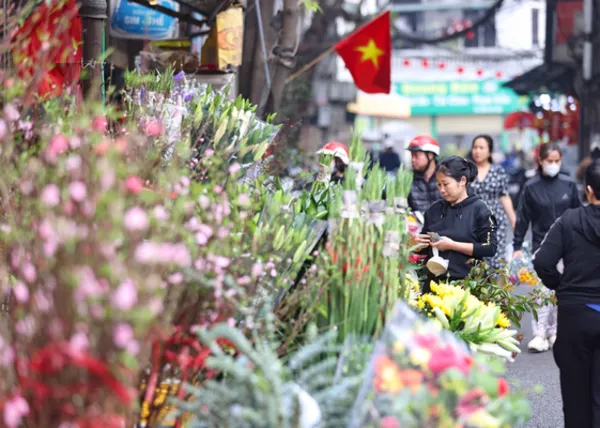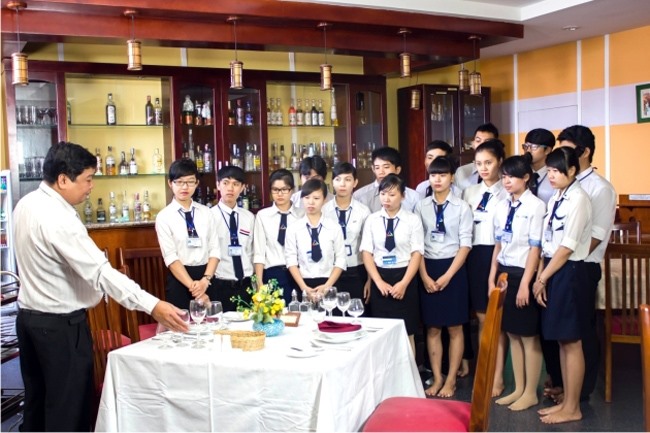 Society
Society

Việt Nam must take urgent measures to solve the problem of skill mismatch between Vietnamese graduates who’ve returned from Japan and the needs of the country’s industrial sector, experts said.
 |
| Việt Nam must take urgent measures to solve the problem of skill mismatch between Vietnamese graduates who’ve returned from Japan and the needs of the country’s industrial sector,– Photo nhandan.com.vn |
HÀ NỘI – Việt Nam must take urgent measures to solve the problem of skill mismatch between Vietnamese graduates who’ve returned from Japan and the needs of the country’s industrial sector, experts said.
Speaking at a conference on strengthening Japan-Việt Nam Human Resource Exchange on Thursday, Japanese Ambassador to Việt Nam Umeda Kunio said the initiative for technically trained Vietnamese returnees boosts industrial human resource co-operation between the two countries and must ensure that skilled labour is not wasted.
The programme, which was launched in 2010, offers benefits and transfers skills in services, construction, agriculture, food manufacturing machinery and metals to technically trained Vietnamese interns who have played their part in Việt Nam’s economic development.
The number of Vietnamese technical trainees in Japan has increased dramatically in recent years. In 2016, the number of Vietnamese trainees in Japan was around 40,000, putting the total figure at 90,000 by the end of 2016, Kunio said.
However, the demand for skilled labourers from local enterprises does not match the qualification and expectation of trainees who have returned, which has led to a mismatch in labour market.
Dr Nguyễn Đức Thành, director of the Việt Nam Institute for Economic and Policy Research, said the institute’s latest research (between December 2016 and June 2017) shows that 61 per cent of technical returnees admitted that they have opted for a job that has no relation to their previous job and training in Japan, while 11 per cent refused to share their occupational job.
The reason, the research says, is lack of transparency and information about the programme. This raised the costs for finding a suitable internship in Japan, and trainees – mostly fresh graduates and those looking for jobs – have to take loans, which puts pressure on them to earn quickly and affects their motivation to learn, especially in the first seven months of their stay in Japan.
Moreover, many companies that send trainees to Japan do not conduct pre-departure and orientation sessions, so trainees struggle to adapt to a different working environment.
In addition, trainees have difficulty identifying reliable companies to send them to Japan, and support them before and after their studies and during their internship.
Though the Vietnam Association of Manpower Supply (VAMAS) has launched its ranking system for companies that send people to Japan, the situation has not really improved, according to Thành.
At the conference, experts said it was necessary to provide information to technical trainees, and that the VAMAS must play a stronger role in implementing the code of conduct and operations through the ranking system, and push companies to enhance their recruitment system.
A website, ttsjapan.org.vn, is under construction to support trainees during their time in Japan and after their return to Việt Nam. It will become operational next month. – VNS